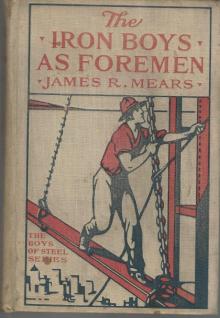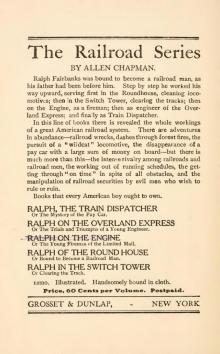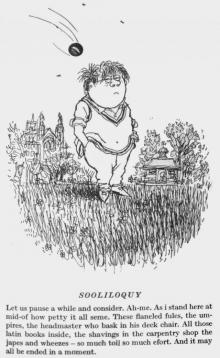- Home
Page 2
Page 2
 The Iron Boys as Foremen; or, Heading the Diamond Drill Shift
The Iron Boys as Foremen; or, Heading the Diamond Drill Shift An Enchanted Garden: Fairy Stories
An Enchanted Garden: Fairy Stories Grandmother Dear: A Book for Boys and Girls
Grandmother Dear: A Book for Boys and Girls Ralph, the Train Dispatcher; Or, The Mystery of the Pay Car
Ralph, the Train Dispatcher; Or, The Mystery of the Pay Car The Children of the Castle
The Children of the Castle The Magic Nuts
The Magic Nuts Uncanny Tales
Uncanny Tales Silverthorns
Silverthorns The Third Miss St Quentin
The Third Miss St Quentin Christmas-Tree Land
Christmas-Tree Land Philippa
Philippa Jasper
Jasper The Little Old Portrait
The Little Old Portrait Mary: A Nursery Story for Very Little Children
Mary: A Nursery Story for Very Little Children Us, An Old Fashioned Story
Us, An Old Fashioned Story The Constant Prince
The Constant Prince Blanche: A Story for Girls
Blanche: A Story for Girls The Cuckoo Clock
The Cuckoo Clock The Carved Lions
The Carved Lions Tell Me a Story
Tell Me a Story That Girl in Black; and, Bronzie
That Girl in Black; and, Bronzie Sweet Content
Sweet Content Boys and I: A Child's Story for Children
Boys and I: A Child's Story for Children The Man with the Pan-Pipes, and Other Stories
The Man with the Pan-Pipes, and Other Stories Bert Wilson's Fadeaway Ball
Bert Wilson's Fadeaway Ball Nurse Heatherdale's Story
Nurse Heatherdale's Story Adventures of Herr Baby
Adventures of Herr Baby Shaggycoat: The Biography of a Beaver
Shaggycoat: The Biography of a Beaver Adventures of Prince Lazybones, and Other Stories
Adventures of Prince Lazybones, and Other Stories Adventures of Piang the Moro Jungle Boy
Adventures of Piang the Moro Jungle Boy